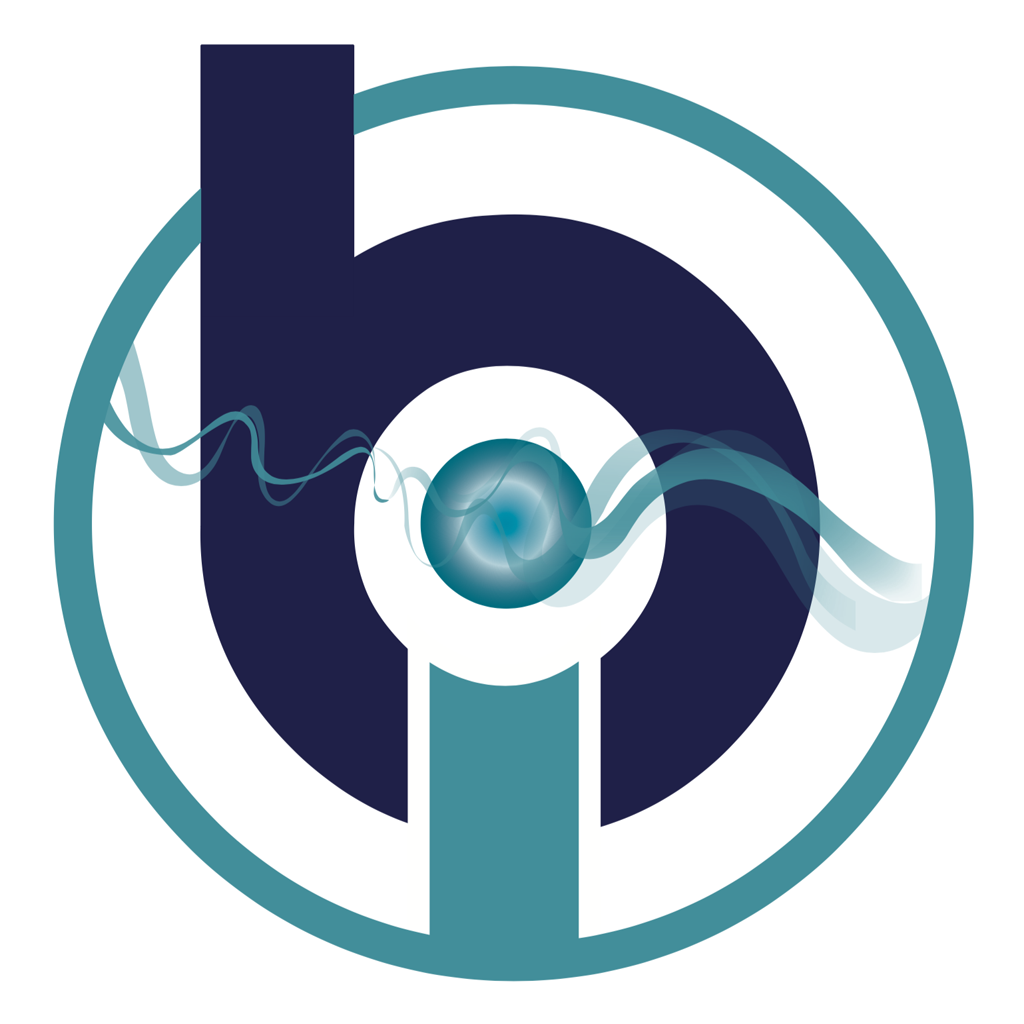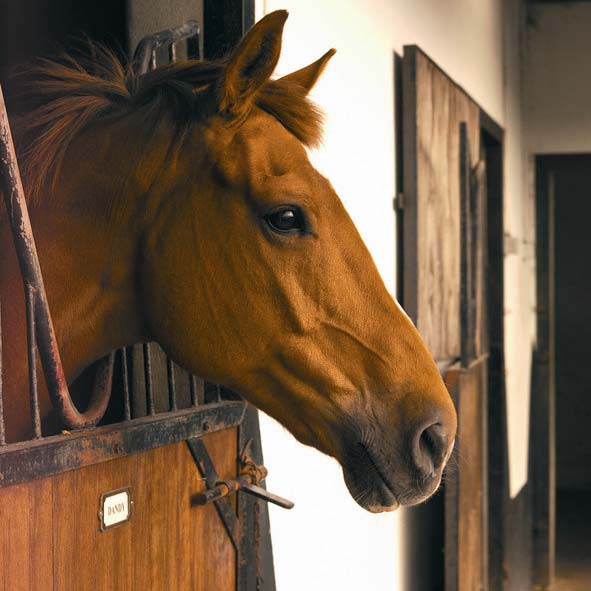Client Name: Karina Diehl, holistic animal healer
The horse could no longer be ridden as he continually moved his head back and forth as he was ridden.
In July last year I was called out by an animal owner to her nine-year-old Bavarian gelding Worlando. Worlando shook his head permanently and had a white discharge from his nose. The horse could no longer be ridden as he continually moved his head back and forth as he was ridden. It was immediately evident at first glance that the gelding was suffering from headshaking syndrome.
He had already been treated according to conventional medical methods with cortisone for several months. He had also had frequent bouts of bronchitis and a bad cough since birth, even extending to asthma attacks, which were then also treated with antibiotics.
In cases like this the most important thing for me is to test thoroughly what really lies behind this headshaking, since some kind of environmental contamination or allergy is usually responsible.
I now began testing with the BICOM® device. The test revealed mycosis in the intestines and in the nose (Candida albicans), infestation with mould and allergies to various grasses and trees and to hay and flour mites.
I also always test whether there is any contamination with vaccines. Here too I made a discovery – the gelding reacted to Resequin, a vaccine against horse influenza with which it had been vaccinated for years.
Since the horse’s immune system was already very blocked following long-term cortisone and antibiotic treatment, I first had to eliminate these substances with bioresonance therapy. This is a quick and straightforward process with an elimination program pre-loaded in the BICOM® device. I also supported elimination with appropriate BICOM® programs so that the harmful substances which were released could also be excreted from the body. Using the BICOM® device I also tested suitable homeopathic drainage remedies which supported the liver, kidneys and intestines.
Further bioresonance therapy sessions took place at weekly intervals, which concentrated on treating the mycosis, a number of allergens and also the hay and flour mites. At the same time the animal’s colon was cleansed with probiotics. A horse influenza vaccine which would be tolerated was also tested out.
After the second treatment session the animal’s owner already noticed that the horse was only very occasionally shaking his head and she began to ride him again.
Six BICOM® bioresonance therapy sessions were conducted in all, after which the headshaking syndrome completely disappeared. A really quick and, above all, continuing successful outcome for this range of problems. The animal has not so far experienced a relapse either.


